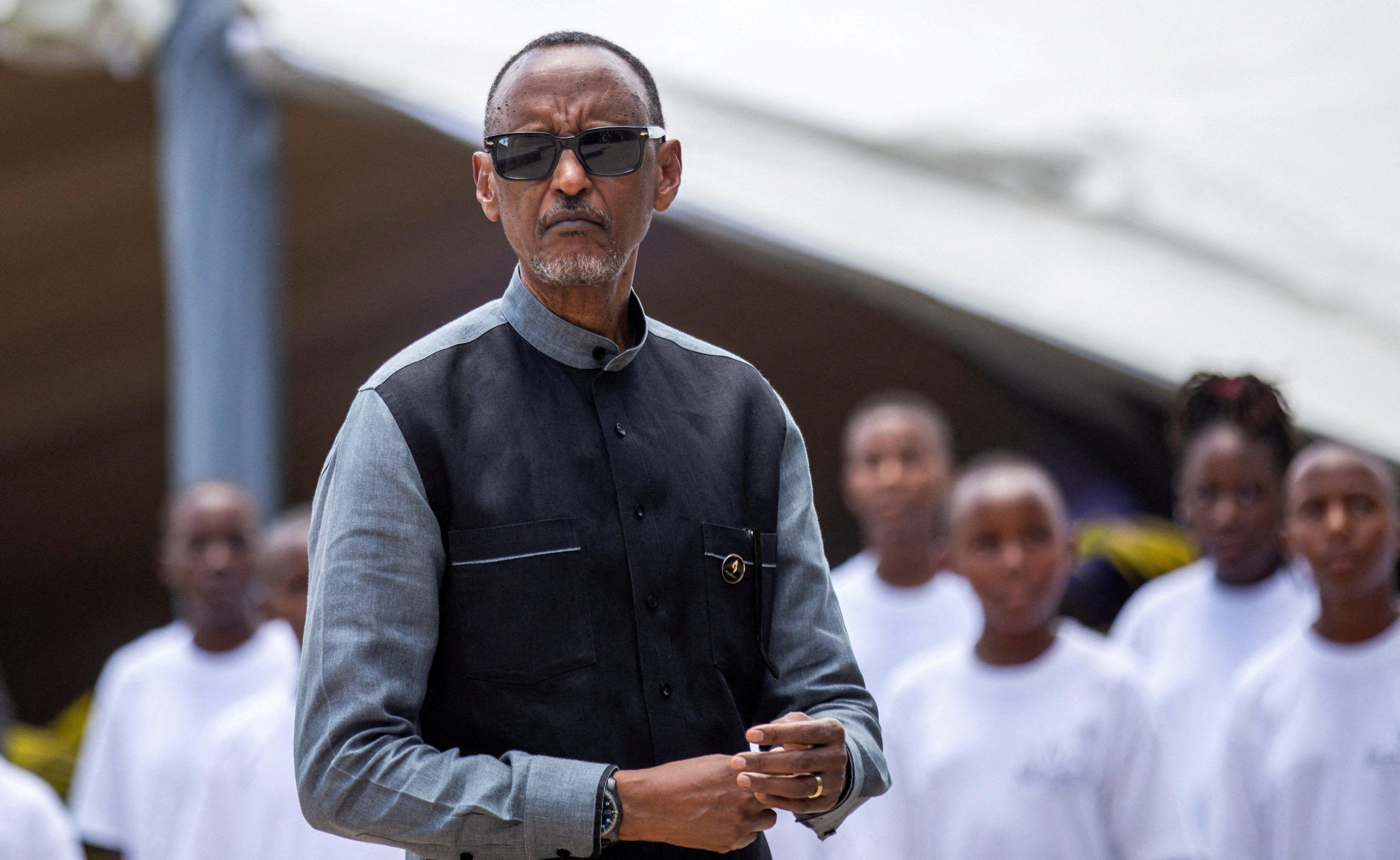Hard Numbers: Rwanda’s Kagame will run again, the EU takes on Uber, water contamination threat in Libya, US Fed keeps cool
4: Rwanda’s President Paul Kagame, who has been in power since 2000, announced that he’ll run for a fourth term in next year’s election.
Kagame, who has been accused of cracking down on the opposition, tweaked the constitution back in 2015 to extend presidential term limits. Asked about what “the West” might think of his move, Kagame, didn’t mince words: “What these countries think is not our problem.”
40: A top Uber executive has warned that an EU proposal to classify gig workers as employees could boost ride prices by as much as 40%. Brussels says Uber should provide more job security and benefits for its employees. Uber, which has come up against similar battles in Spain, the UK and elsewhere, says the measure will hurt consumers and lead to “devastating” job losses.
4,000: Over a week after a catastrophic flood tore through two dams in eastern Libya, killing 4,000 people (while 9,000 remain missing) the UN has warned that sewage is contaminating water supplies, raising the specter of waterborne diseases like cholera, diarrhea, and hepatitis.
5.25-5.55: The US Federal Reserve held interest rates steady at 5.25-5.55, still the highest level in more than two decades after 11 rate hikes beginning in March 2022. The decision gives policy makers some breathing room to plot their next moves amid subsiding inflation. Still, with price growth well above the Fed’s 2% target, rates could stay above 5% well into 2024, analysts warn.Correction:Yesterday, we incorrectly stated that the Fed's pause was the first in 18 months. The Federal reserve also paused rate hikes in June, 2023. We regret the error.
